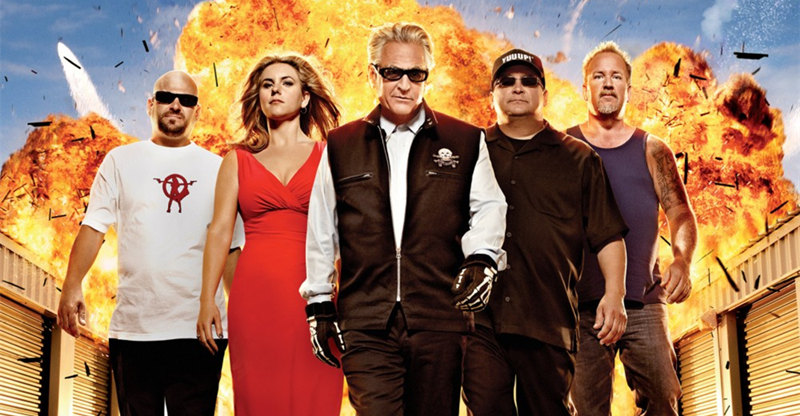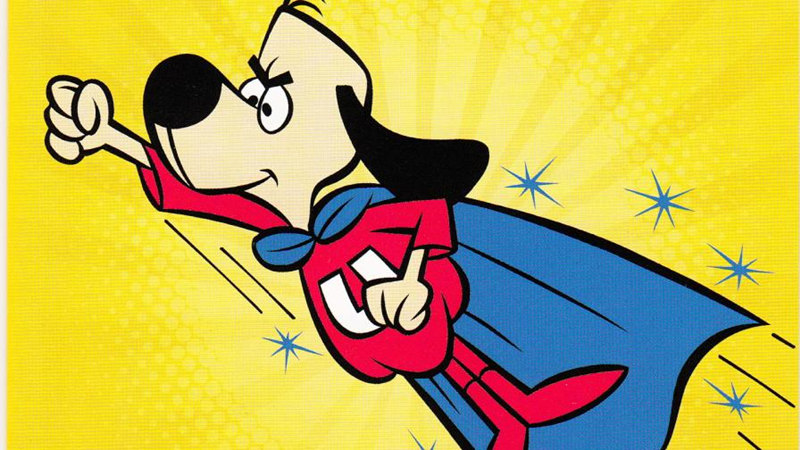I once went to an academic conference in London, and after a long, long day of travel finally arrived at the University of London dormitory where I had booked a room. I checked in at the front security desk, got my key and instructions, and, spacing out a bit, walked away without taking my suitcase. Before I had taken three steps the student worker panicked and yelled at me: “You don’t leave a suitcase or package anywhere in London! What’s wrong with you? Don’t you know anything?
No, I didn’t, but it was a quick lesson in living with the constant threat of terrorism—most of it politically motivated—that many cities face.
There’s no shortage of films about the IRA. Some of the best, in my opinion, are ”The Long Good Friday” (1980), “Act of Betrayal” (1988), and “Patriot Games” (1992)—the latter a star vehicle for Harrison Ford. All of these films manage to somehow capture the ever-present sense that something could happen at any moment, and that no one can be trusted completely—not even a benign-looking professor who was checking into a student dorm late at night and was even “on the list.”
While there are sequences in “Shadow Dancer”that capture the stress and strains of living in a culture where an underground political movement continues to thrive—and, admirably, from both sides of the conflict—this 2012 drama from James Marsh (“Man on Wire,” “Project Nim”) is more drama than thriller. That’s fine with me, usually, but the pace just seemed way too slow (and unnecessarily so) to sustain any tension that was developed along the way. That puts me in the minority of responders, though, as “Shadow Dancer” currently holds an 82 percent “fresh” rating at Rotten Tomatoes.
Based on a Tom Bradby novel, “Shadow Dancer” opens in Belfast in 1973, where a father asks his daughter to run an errand for him, and instead she puts it off on her little brother—who ends up being shot on the streets. Fast-forward 20 years and we see the grown woman leaving her bag on a subway staircase—only she had forgotten to set the timer. A single mom, she’s soon identified and picked up by MI-5 and given the choice of either going to prison for the rest of her life (and leaving her young son to fend for himself) or turning informant on her brother and the IRA cell he’s a part of in Belfast.
Andrea Riseborough, who won a British Independent Film Award for Best Actress as the informant, Collette, delivers an intense performance which does manage to capture the subsurface tension that seems lacking elsewhere until things pick up the end of the second act. And credit Marsh for at least allowing the camera to linger on her in close-up enough times to convey that.
Clive Owen also turns in a decent performance as Mac, the MI-5 agent who deals with Collette and who realizes that any arrangement he made with her is jeopardized after he learns his superior (Gillian Anderson) is using her to protect her own mole.
Cinematographer Rob Hardy shoots this more like an indie film than a spy flick, framing subjects so that their isolation is highlighted and including a great deal of negative space. But that and long takes and few quick cuts contribute to the film’s slower gait. If you can get past a sluggish first two acts, the final portion of “Shadow Dancer” offers more complexity and a crisper pace. But I suspect that many a viewer will agree with me that not enough happens in the early going to make up for a fuller third act.
“Shadow Dancer” is rated R for language and some violent content.
Video:
“Shadow Dancer” was shot the old-fashioned way on 35mm film, and the thin layer of grain it affords and the slightly hazy and underexposed look that Marsh was striving for (as he explains in one of the bonus features) make it a throwback to a different time—another of his objectives. Colors are often undersaturated and scenes underlit in order to achieve that look. And the AVC/MPEG-4 transfer seems to be a good one. I saw no banding and no haloing or other evidence of compression issues. “Shadow Dancer” is presented in 2.35:1 aspect ratio.
Audio:
The audio isn’t much of a factor, as the rear speakers are seldom called upon to conspire to deliver anything that could be considered dynamic or immersive. Dialogue and low music is at the forefront of this film, though ambient sounds do come across during pub scenes and in the “tube.” The featured audio is an English DTS-HD MA 5.1, with subtitles in English SDH (which, I’m somewhat embarrassed to say, I needed, because the Irish accents were difficult to pick up) and Spanish.
Extras:
Marsh shares his vision for “Shadow Dancer” an eight-minute “behind the scenes” featurette that uses the same blend of clips, behind the camera footage, and on-set interviews as most. Only don’t watch this one before you’ve seen the movie, because it does contain spoilers. The only other bonus features are an edited three-minute version of the behind-the-scenes feature and another 27 minutes of interview outtakes featuring Bradby (who also wrote the screenplay), Marsh, Owen, Riseborough, Bríd Brennan, and producer Chris Coen.
There’s BD-Live content, but it’s only trailers and not worth the extra effort.
Bottom line:
Despite solid performances, a slow first half takes away from this otherwise effective drama about an IRA sympathizer whose life becomes more complicated after she’s coerced into spying for MI-5.


